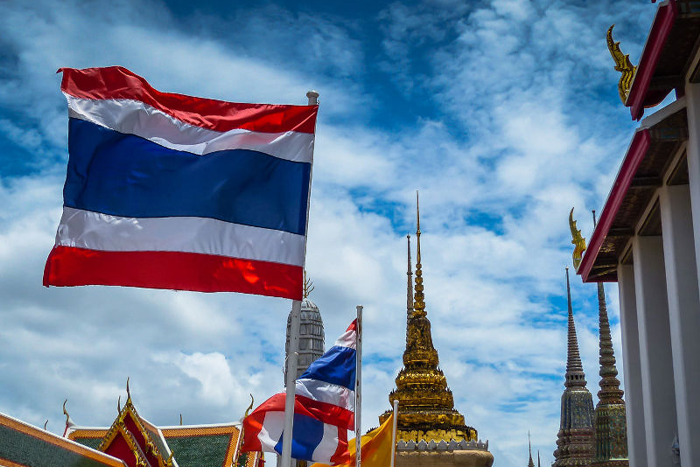September 2019 |
On a recent trip to Hanoi, I met with one of the major state-owned banks, private sector economists and some Vietnamese businesses, as well as officials from their government. Many are optimistic and have been investing in Vietnam, and for good reason. However, there are some reasons for some caution about future growth, that I thought to share with you.
- FDI Booms, Infrastructure Constrains: Vietnam is the first beneficiary of Sino-American trade tensions as capital is redirected away from China. Even before the trade war, Japanese and other MNCs had formulated a “China Plus One” strategy to diversify their operations. Yet, this surge in investment may bump into limits, especially infrastructure limits. Efficient systems of transport and power are needed to build a broader and bigger industrial base. The government understands this need and FDI approvals have sped up. But implementation remains a challenge, especially with the confluence of multiple ministries and agencies, and a mix of national and local government. This has led to delays in high speed rail projects and stalled progress for the Hanoi Metro. Infrastructural capacity needs to be developed or else Vietnam may not be able to optimize the increased levels of foreign investment and interest.
- Banking Reform Overdue: The finance sector presents another hurdle when it comes to supporting infrastructure spending. The government has a strained budget and is looking to public-private partnerships. However, private sector companies are limited and so is the banking sector. Many commercial banks lack sufficient capital and some believe the state banks still have a degree of overhang from the past weak market and the poor performance of SOEs. The government is working to tackle reform with its 2025 master development plan through which it hopes to revamp the banking sector and have 3-5 banks listed on foreign exchange stock markets within 7 years.
- Relations with China: Another concern relates to Sino-American trade issues. Chinese foreign direct investment (FDI) into Vietnam increased 5-fold on the year for the first half of 2019. Capital has flowed into overlooked border provinces with poor infrastructure, with aims to help narrow the development gap. Although there are no legal barriers to these investments, some are concerned that the Chinese FDI may be channeled into industries that are polluting and low-end value. This would be counter to Vietnam’s need to move up the value-chain and emphasize productivity. There are also growing concerns regarding environmental protection. Dissatisfaction with the type of industrial investments could trigger a broader anti-China sentiment that already exists. And tensions between Chinese and Vietnamese coast guard vessels over an oil block in the South China Sea are not helping.
- Relations with the US: On the flip side of the Sino-US trade war is Vietnam’s already large trade deficit with the US. If this grows further there is a fear that the Trump administration will target Vietnamese exports, or currency. This is notwithstanding close US-Vietnam ties on strategic issues and cooperation from the recent Trump-Kim Summit. Vietnam’s Ministry of Foreign affairs has pledged to improve the trade balance by increasing imports into Vietnam. Although President Trump has called Vietnam “the single worst abuser of everybody”, it is likely that China will remain a priority for Washington as the trade war escalates.
- Seeking Doi Moi 2.0: While there is some recognition that Vietnam is doing well, further and deeper reforms are needed and even overdue. Investors are hoping for a Doi Moi version 2.0. However, there are party elections due in 2021 and these are hard to read at present. There has been a notable push to consolidate state and party apparatuses, hinted at by the party newspaper’s arguments for the merging of President and Party General-Secretary into one role, both occupied by Secretary-General Nguyễn Phú Trọng since 2018. Yet, many also feel that the collective leadership model will continue and will be able to push reform on areas like corruption, with leaders emphasizing there will be “no banned zone” in weeding out offenders.
Bearing this in mind, Vietnam still remains an exciting and growing market with great hunger for foreign investment. The challenge is now meeting the great expectations coming from the government, the people and from investors.
I hope this is of interest to you. May I ask that you keep this confidential? We continue to enjoy good access to a range of the political actors and I do not intend to make my views public. I would however be happy to hear your views.
![[Premium] Chairman’s Note (04 of 2019) – Vietnam’s Potential and Pitfalls](https://siiaonline.org/wp-content/uploads/2019/09/pexels-photo-1004122.jpeg)



